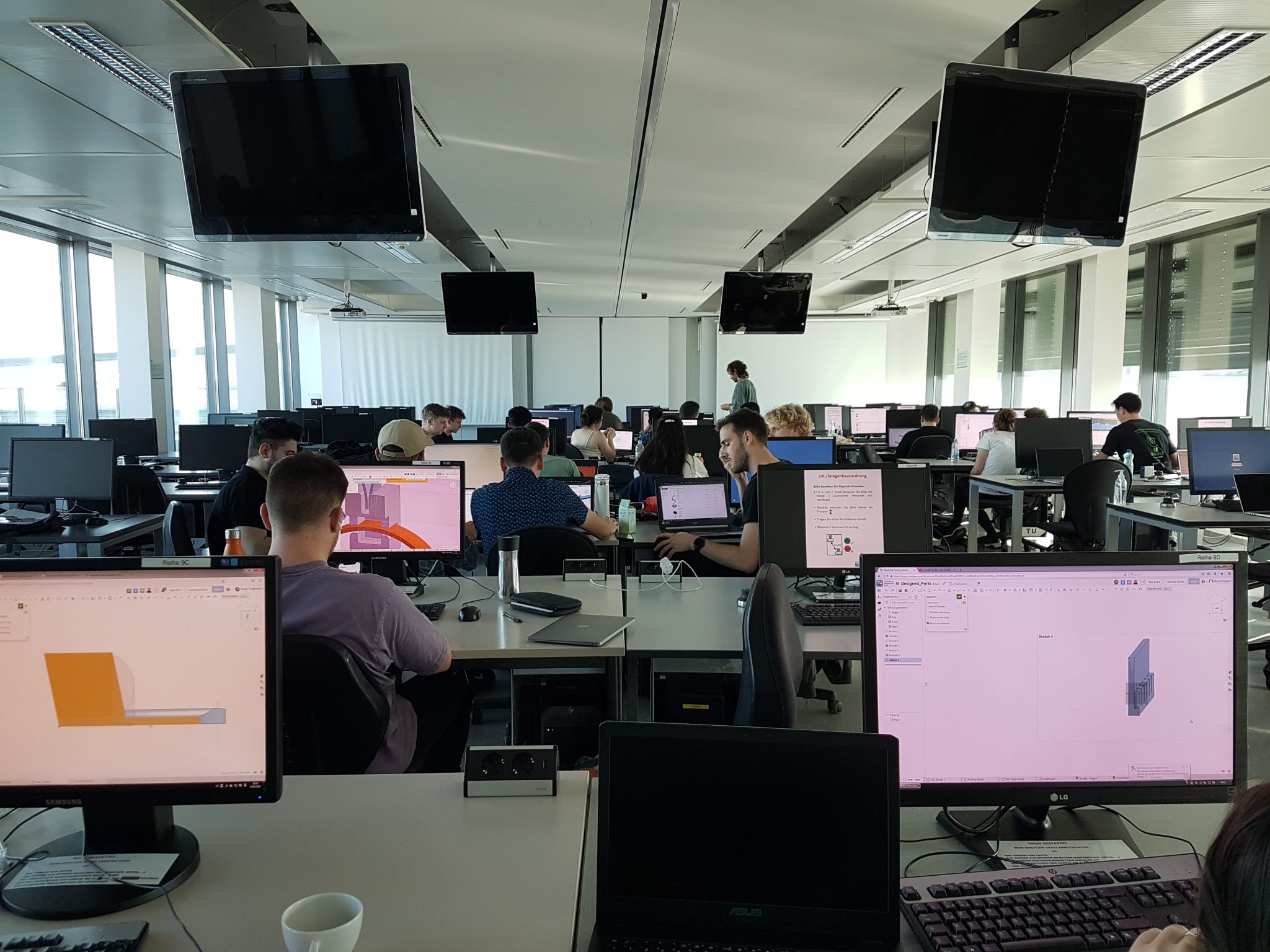CResDET
NASTAVA > Erasmus+ projekti > CResDET
Crisis-Resistant Digital Education and Training
The main objective of CResDET is to develop a framework, a knowledge hub and practice-oriented crisis-resistant guidelines that provide the educational tools and methods necessary for the rapid adaptation and digitization of lectures in case of a crisis.
There is no doubt that the Covid-19 crisis has major impacts on higher education. Fast paced changes with respect to the health situation of countries and regions requires institutions to constantly adjust their teaching strategies. As a consequence, educators are confronted with the problem that the way they can safely offer courses often changes within days or weeks. In many cases the necessity of fast changes hampers structured transitions, instead immediate adaptations based on current restrictions are required. This is particularly challenging for educators who have no or only little experience with digital technologies. In the absence of generally accepted guidelines on how to digitize the different lecture types in higher education, educators must rely on their own knowledge and skills rather than on scientifically based and proven approaches.
To tackle this issue, the four partners TU Wien, Univerza v Ljubljani, Sveuciliste u Zagrebu and Politecnico di Milano initiated the Erasmus+ project Crisis-Resistant Digital Education and Training (CResDET). The main objective of CResDET is to develop a framework, a knowledge hub and practice-oriented crisis-resistant guidelines that provide the educational tools and methods necessary for the rapid adaptation and digitization of lectures in case of a crisis. [The framework defines various "crisis scenarios" that allow past, present, and future crises to be identified and categorized and their impact on education and training to be determined. In addition, a distinction is made between lecture types such as oral presentations or individual exercises. The knowledge hub enables educators to search for and exchange expertise and experiences related to a crisis-resistant education and training. The practice-oriented crisis-resistant guidelines contain detailed descriptions of how to implement the most favorable educational tools and methods, thus providing educators with a clear and structured way to adapt their own courses to the given circumstances.]
The project focuses on "product design" with lecturers in mechanical engineering and engineering design as main target group. The project will enable them to easily search for, select, and implement suitable educational approaches as well as to share their expertise and experience related to crisis-resistant education and training. Another important target group are students in this domain. Thanks to the outputs, they do not have to interrupt their education in case of a crisis. Furthermore, students participating in the project can work on innovative projects in the field of engineering design and gain experience in collaboration and teamwork in a virtual environment using state-of-the-art ICT tools.
Project coordinator is Prof. Stanko Škec.





